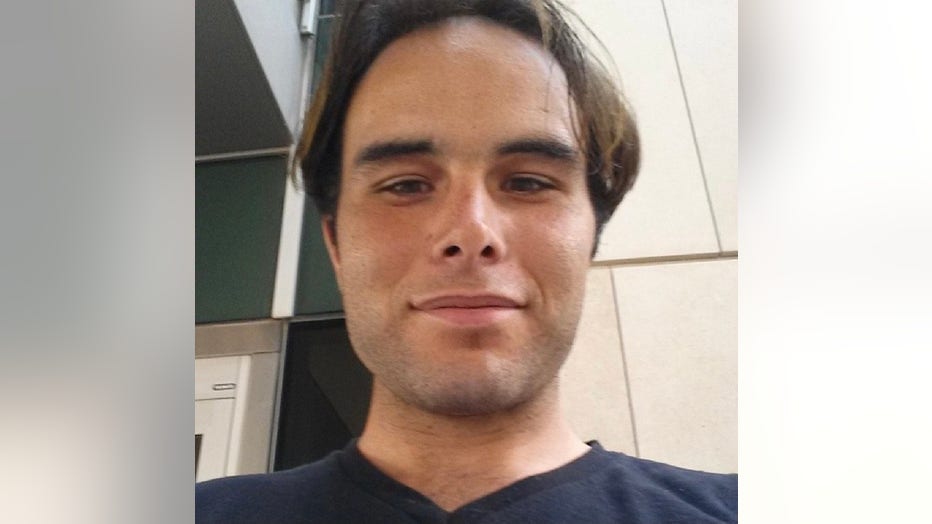Suicide at Santa Rita jail in quarantine intake unit
Santa Rita jail. March 10, 2019
DUBLIN, Calif. - A man has died by suicide at Santa Rita Jail while he was in the quarantine intake housing unit, which is now standard protocol upon booking all new inmates but raise questions about out-of-cell time, according to a prison rights attorney with knowledge of the situation.
Marlon Reyes died on Oct. 14, said Kara Janssen, whose firm is slated to enter a "consent decree" with the Alameda County sheriff. The legal agreement is supposed to ensure civil rights reforms that include better mental health treatment at the jail.
MORE: Major mental health care reforms proposed at Santa Rita Jail with legal agreement
Her firm was also behind the creation of these quarantine units, where incarcerated people live alone in a cell for two weeks upon entering the jail to prevent the spread of the coronavirus.
However, documents obtained by KTVU show that people in these housing units are allowed out of their cells for just 30 minutes a day, which they can use to shower, make phone calls or watch TV.
"This is complicated," Janssen said on Thursday. "People are isolated on intake to prevent exposing each other to the virus, but it really is an inhumane way of holding someone. We have been urging the jail to work with the public health department to get people out of their cells more often while still limiting COVID exposure."
According to Janssen, the vaccination rate among those incarcerated at the jail is less than 50%.
MORE: Death rate at Santa Rita exceeds nation's largest jail system as critics call for reform
Sgt. Ray Kelly, a spokesman for the jail, referred all questions regarding the death to the public records department. Information was not immediately provided regarding circumstances of the suicide.
Reyes' death is at least the fourth so far at Santa Rita Jail in 2021, and the 53rd since 2014, according to data compiled by KTVU.
A KTVU analysis revealed that Santa Rita Jail has the highest in-custody death rate in the Bay Area and there is a high correlation of those who die by suicide and those put into isolation.
Reyes is also the second person to die by suicide in the quarantine intake unit this year.
Jonas Park, 33, who struggled with drug addiction and mental illness, died by suicide in February in a similar quarantine situation, leaving his mother and Janssen to wonder if more could have been done for him if deputies had known his history.
Park had been in jail for six days beforehand and documents show he hadn't been given a tablet to communicate with his family for the first few days, and then refused recreational time two days before his death.

Jonas Park struggled with drug addiction and mental illness. He committed suicide at Santa Rita Jail on Feb. 9, 2021
Janssen said she didn't know what led up to Reyes' suicide this month, but she said the agreement between her firm, Rosen Bien Galvan & Grunfeld, and Sheriff Greg Ahern can't come soon enough.
Janssen and her team sued Alameda County in 2018, alleging the cruel and unusual treatment of many inmates who suffer from mental illness.
The agreement will mandate such things as mental health screening at intake and throughout an incarcerated person's stay, reducing the number of people in isolation and giving people many more hours a week out of their cells, among some of the examples.
The changes must come over the next two years and the oversight will remain in effect for a minimum of six years.
An approval hearing before a federal magistrate is scheduled for January.
Lisa Fernandez is a reporter for KTVU. Email Lisa at lisa.fernandez@fox.com or call her at 510-874-0139. Or follow her on Twitter @ljfernandez

